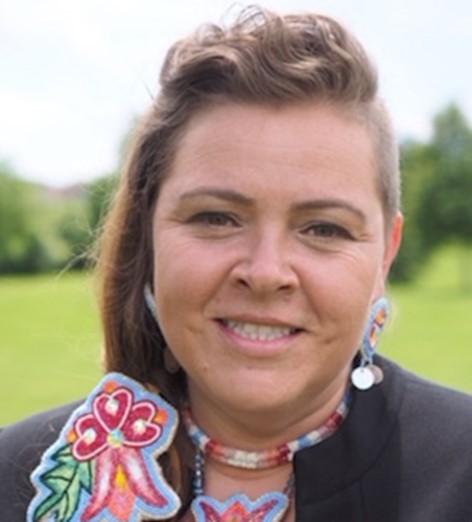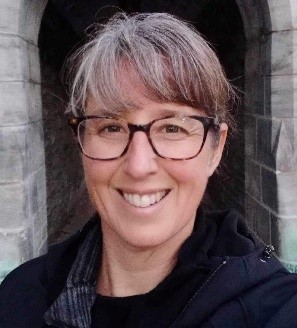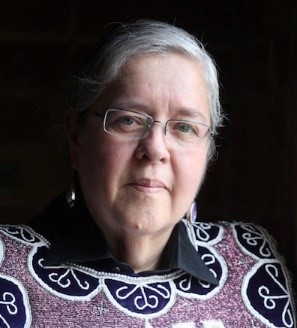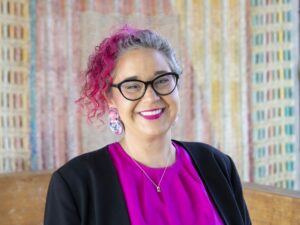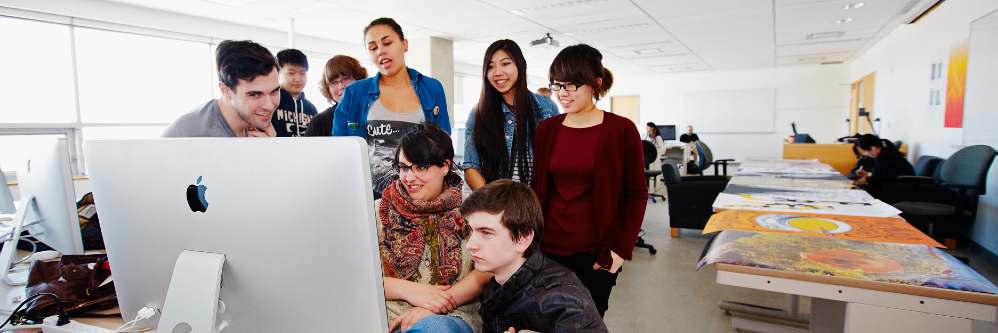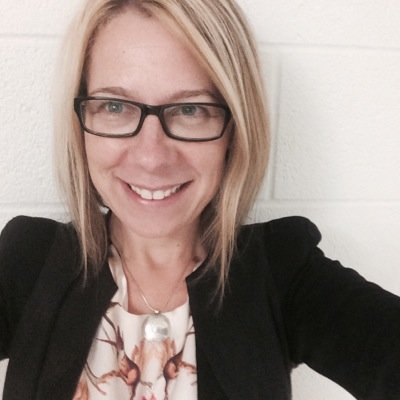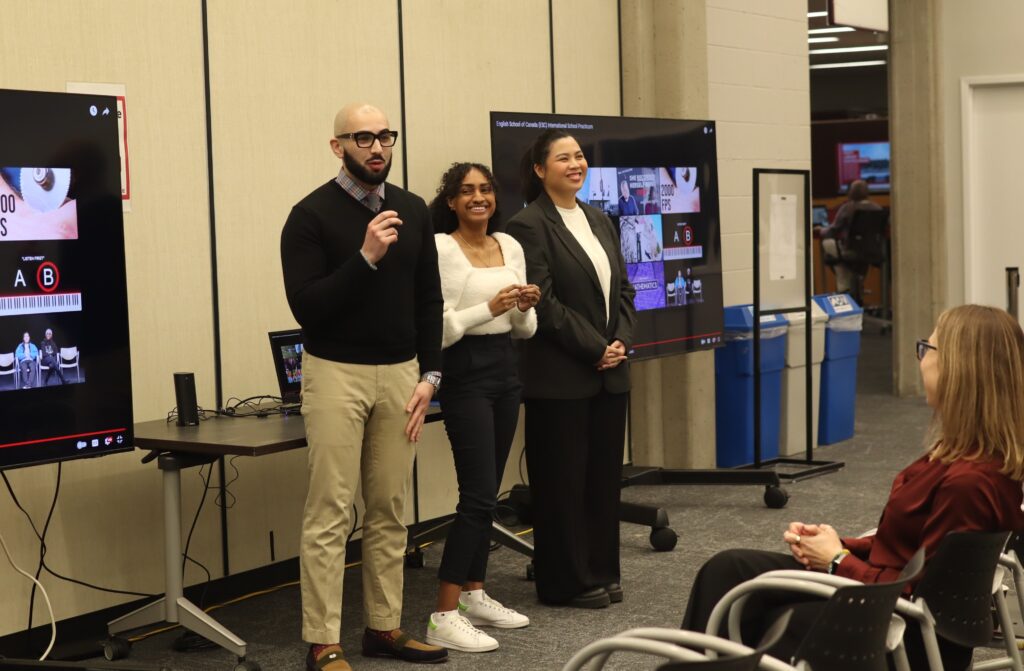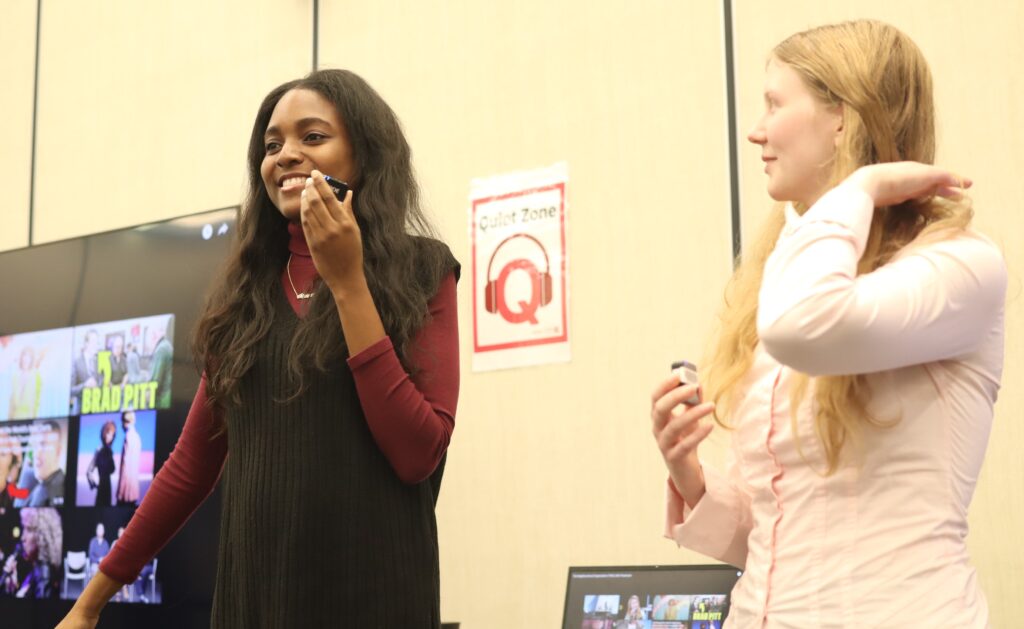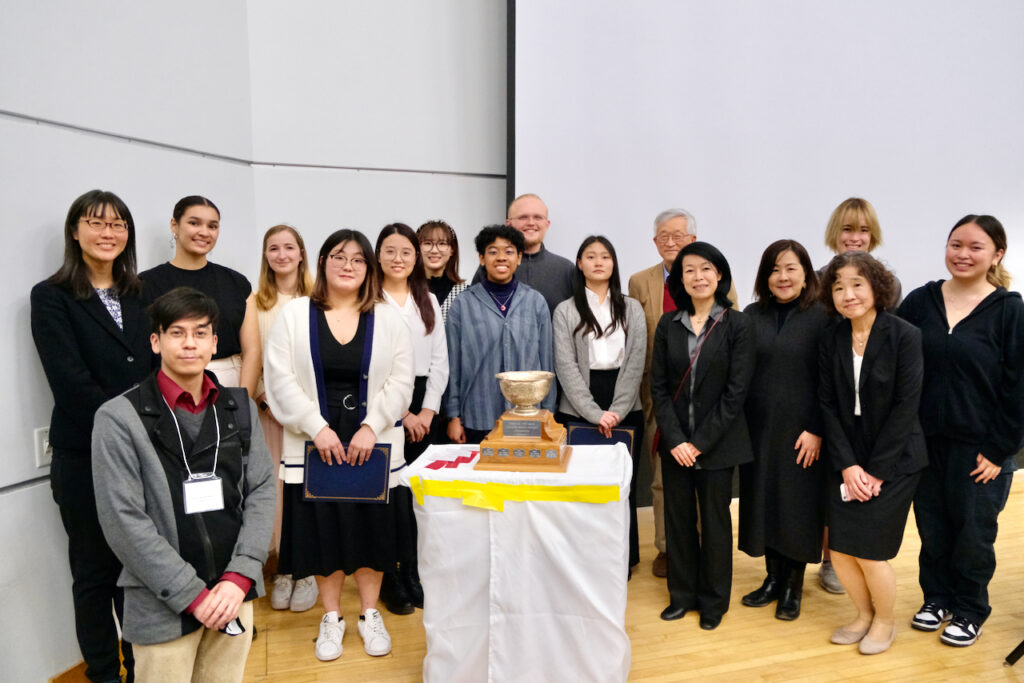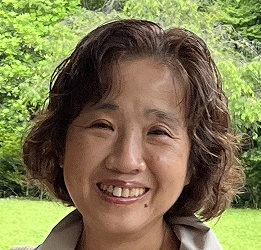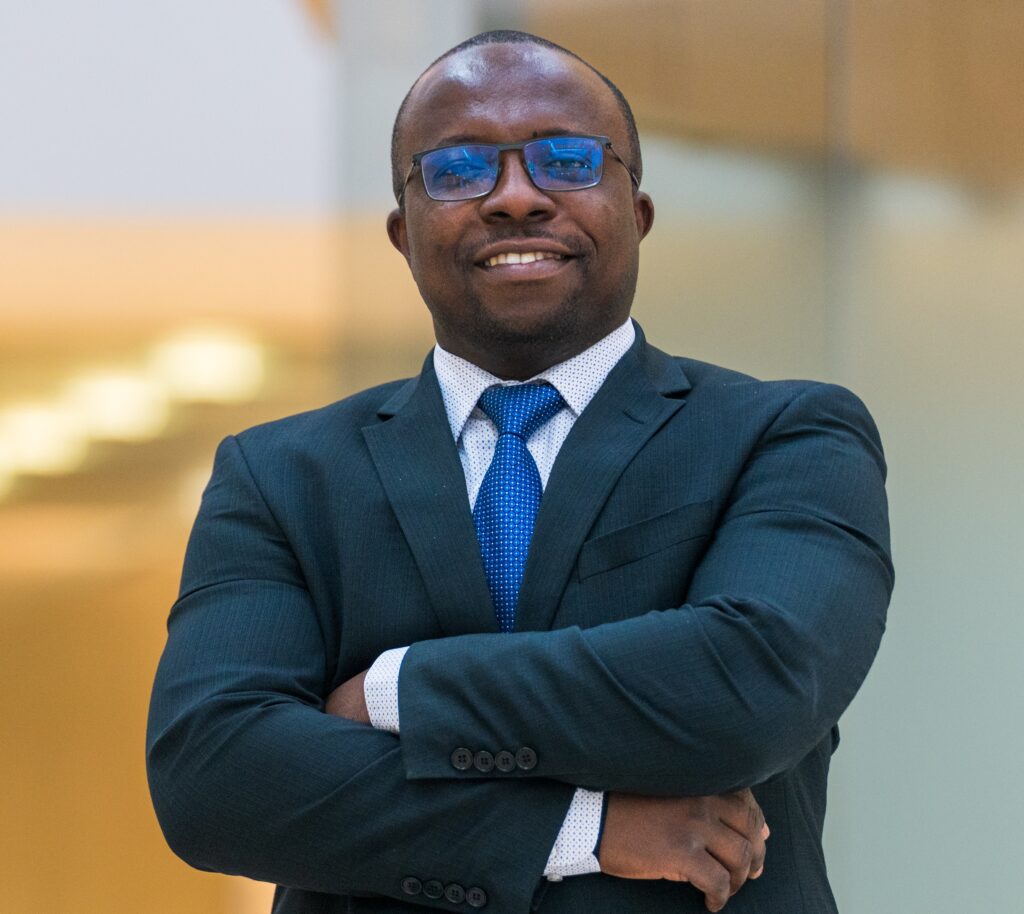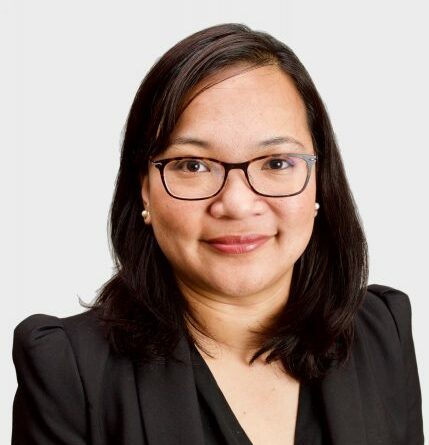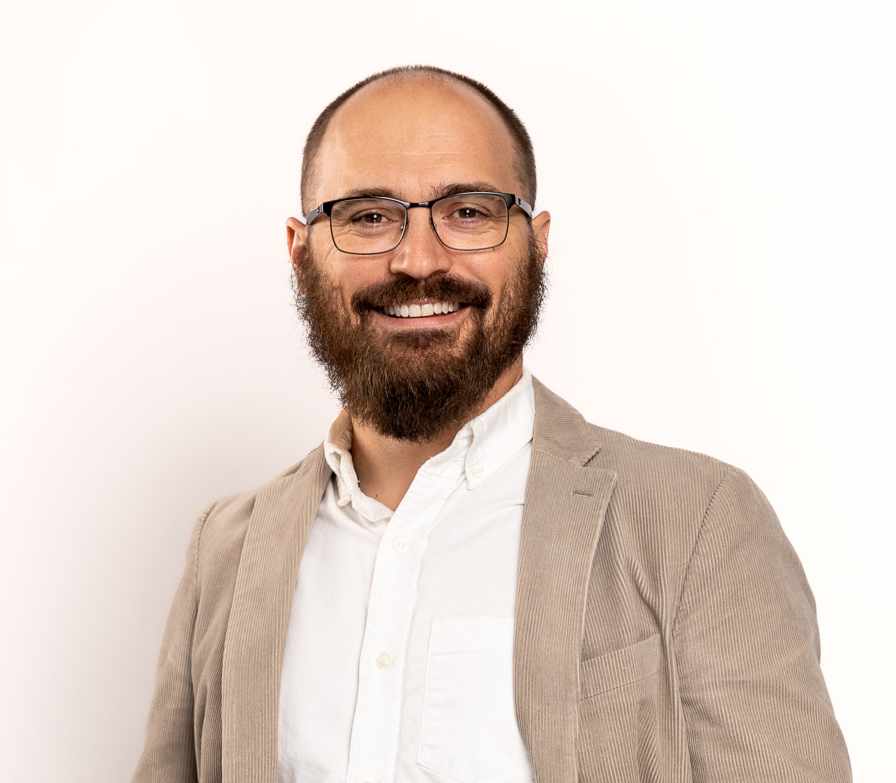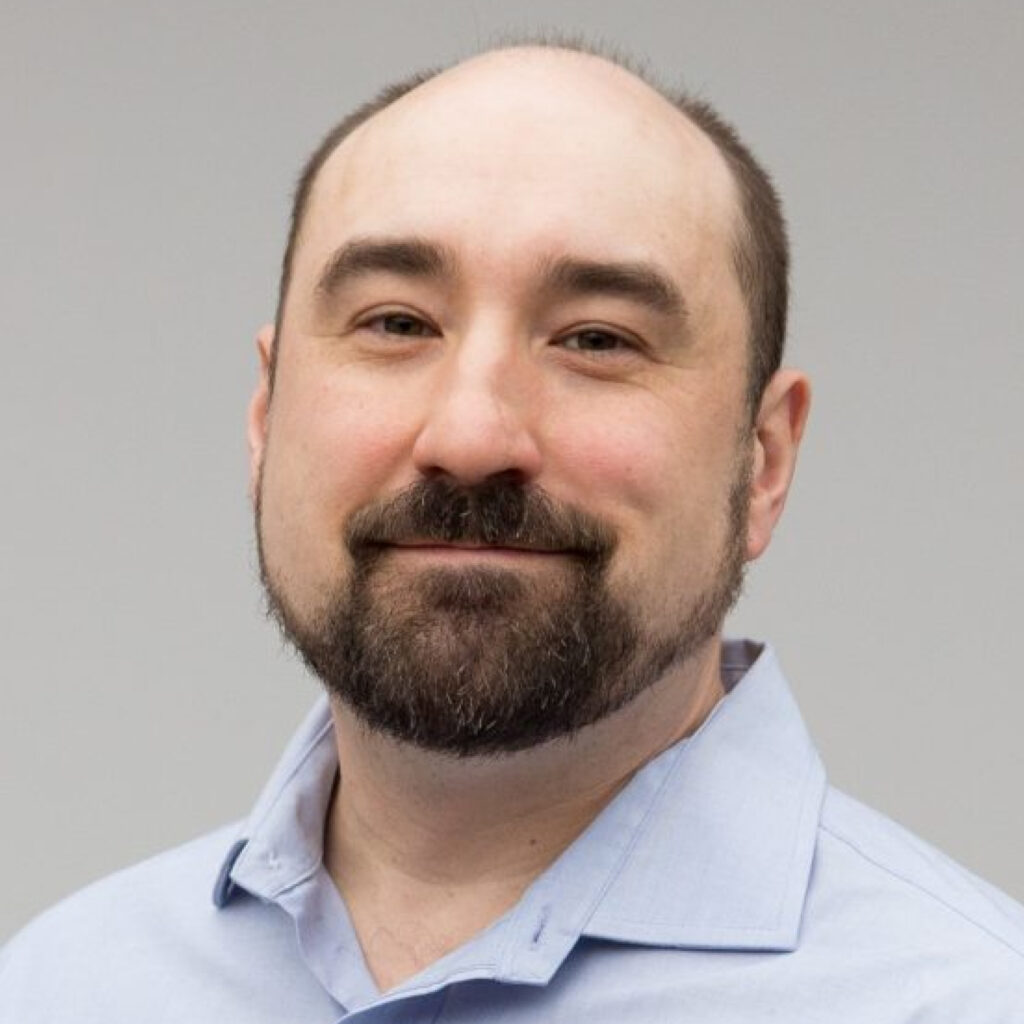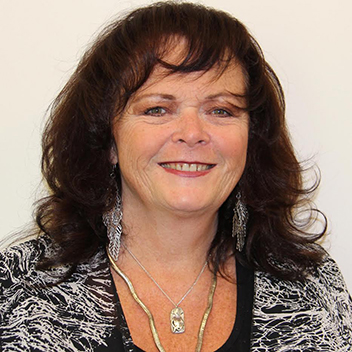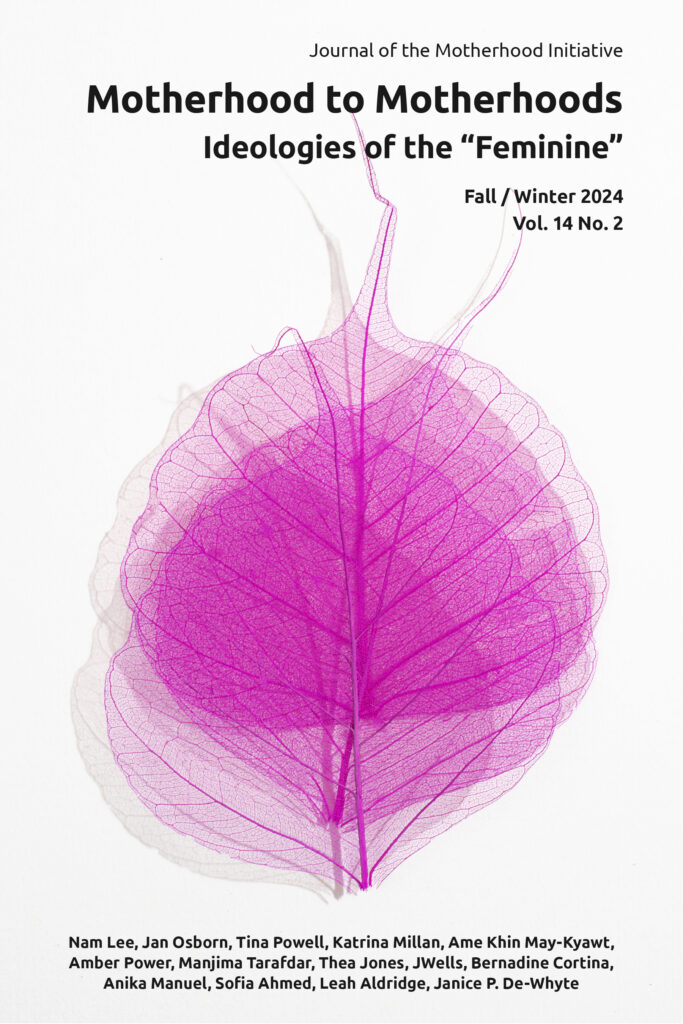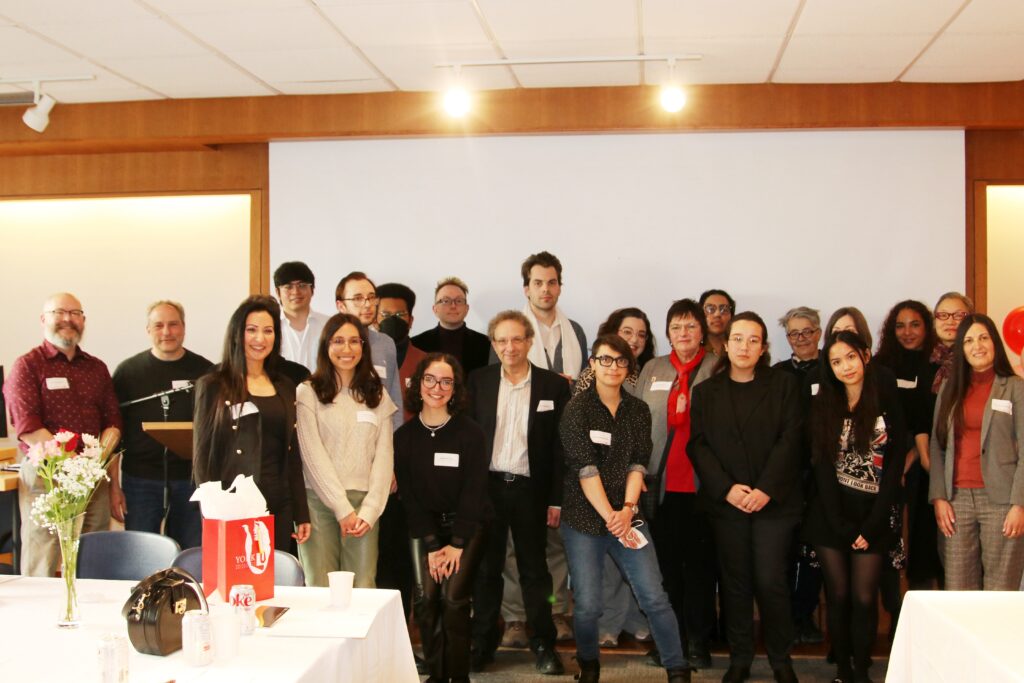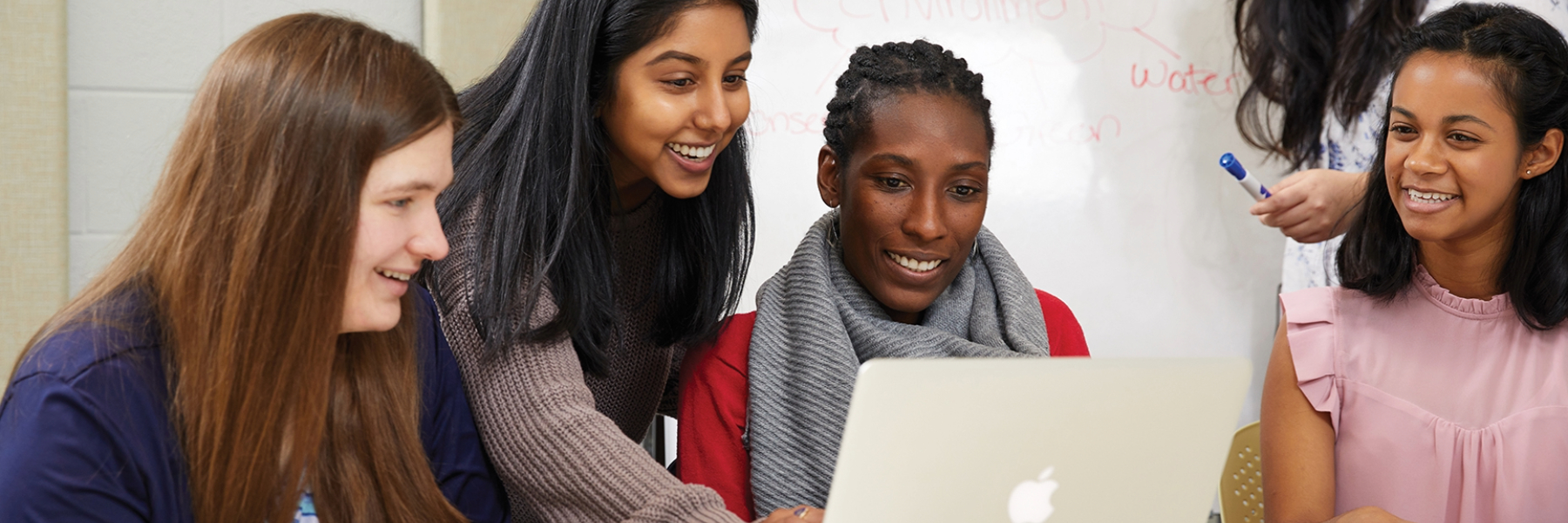Two dozen projects led by York University researchers have received more than $1.5 million combined from the Social Sciences & Humanities Research Council’s Insight Development Grants, announced March 13 by the federal government.
The grants support the development of short-term research projects of up to two years by emerging and established scholars. The York-led projects span a wide range of research, including a study that will explore the different experiences of refugee workers in Canadian meat-packing towns, an assessment of a physical activity program for children with autism and an investigation into the motivations behind firms engaging in artificial intelligence innovation.
“The federal government’s investment in our social sciences and humanities researchers and their diverse projects supports York University’s continued leadership in these critical fields of study,” said Amir Asif, vice-president research and innovation. “This new funding elevates the scholarly pursuits of our researchers across multiple Faculties, enables the development of new research questions and fosters valuable contributions to York’s vision of creating positive change.”
The 24 York-led projects were among 577 research initiatives to receive funding.
See the full list of the York recipients below.
Duygu Biricik Gulseren, School of Human Resources Management, Faculty of Liberal Arts & Professional Studies
Inconsistent Leadership: Scale Development and Measurement
$69,415
Rebecca Bassett-Gunter, School of Kinesiology & Health Science; and Jonathan Weiss, Department of Psychology, Faculty of Health
BINGOCIZE! Evaluating the Feasibility of a Physical Activity Program for Autistic Children
$74,034
Preetmohinder Aulakh, policy specialization, Schulich School of Business
Sustainable Agriculture in the Global South: Prospects and Challenges of Smallholders’ Product Diversification and Marketing Channel Coordination
$67,600
Simone Bohn, Department of Politics, Faculty of Liberal Arts & Professional Studies
When Reproductive Self-Determination Remains Restricted: Women’s Strategies of Resistance in Brazil
$74,518
Bronwyn Bragg and Jennifer Hyndman, Faculty of Environmental & Urban Change
Slaughterhouse geographies: Comparing the integration experiences of refugee workers in Canadian meatpacking towns
$63,129
Robert Cribbie, Department of Psychology, Faculty of Health
Modern Perspectives on Multiplicity Control
$62,300
Pouyan Foroughi, finance, Schulich School of Business
Private Equity Sponsors in the Leveraged Loan Market
$63,570
Hannah Johnston, School of Human Resources Management, Faculty of Liberal Arts & Professional Studies
Regulating algorithmic management in standard employment: A comparison of legislative and industrial relations approaches
$71,209
Ambrus Kecskés, finance, Schulich School of Business; and Anh Nguyen, School of Administrative Studies, Faculty of Liberal Arts & Professional Studies
Artificial intelligence and innovation: A causal investigation of why firms produce it, how it impacts their workforce, and how firms evolve as a consequence
$59,883
Chungah Kim and Antony Chum, School of Kinesiology & Health Science, Faculty of Health
Social policy solutions to deaths and diseases of despair in Canada
$74,994
Chloe Rose Brushwood, Faculty of Education
On our own terms: An oral history and archive of queer femme community and culture in Toronto, 1990-2000
$65,097
Ibtissem Knouzi, Department of Languages, Literature & Linguistics, Faculty of Liberal Arts & Professional Studies
Critical Transitions in the Literacy Development of International Multilingual Students in English-medium Universities: A Longitudinal Mixed-Methods Study
$65,097
Matthew Leisinger, Department of Philosophy, Faculty of Liberal Arts & Professional Studies
Cudworth’s conscious self
$36,492
Guangrui Li and Moren Levesque, operations management and information systems, Schulich School of Business
Curse or Blessing: The welfare effects of algorithmic recommendations
$59,005
Zhixiang Liang, School of Administrative Studies, Faculty of Liberal Arts & Professional Studies
The Impact of Institutional Systems on Foreign Direct Investment: A Multilevel Study of Chinese Multinational Enterprises
$63,393
Ann Marie Murnaghan, Department of Humanities, Faculty of Liberal Arts & Professional Studies
Old poles and new stories: archival knowledges and oral histories of C’idimsggin’is and Kurt Seligmann
$70,521
Glen Norcliffe, Faculty of Environmental & Urban Change
Velomobility for disability: the design, production and distribution of cycles that assist the mobility of persons with a disability
$65,209
Ivan Ozai, Osgoode Hall Law School
Realizing global justice through the international tax system
$62,798
Mathieu Poirier, School of Global Health and School of Kinesiology & Health Science; Steven Hoffman, School of Health Policy & Management, School of Global Health, and Osgoode Hall Law School; and Tina Nanyangwe-Moyo, Faculty of Health
Centring gender in the evaluation of international laws
$62,500
Andrew Sarta, School of Administrative Studies, Faculty of Liberal Arts & Professional Studies
Imagining Augmentation Possibilities and How Organizations Adapt to the Emergence of Artificial Intelligence
$55,750
Gregory Saxton, accounting, Schulich School of Business
The role of automated bots in the financial and consumer markets
$61,956
Rianka Singh, Department of Communication & Media Studies, Faculty of Liberal Arts & Professional Studies
Platform Feminism
$53,363
Jean-Thomas Tremblay, Department of Humanities, Faculty of Liberal Arts & Professional Studies
Eco-subtraction: downsizing the environmental humanities
$47,131
Yishu Zeng, Department of Economics, Faculty of Liberal Arts & Professional Studies
The Design of Information Disclosure Policy in Strategic Interaction
$57,238
For a complete list of Insight Development Grant recipients, visit the Government of Canada announcement.





